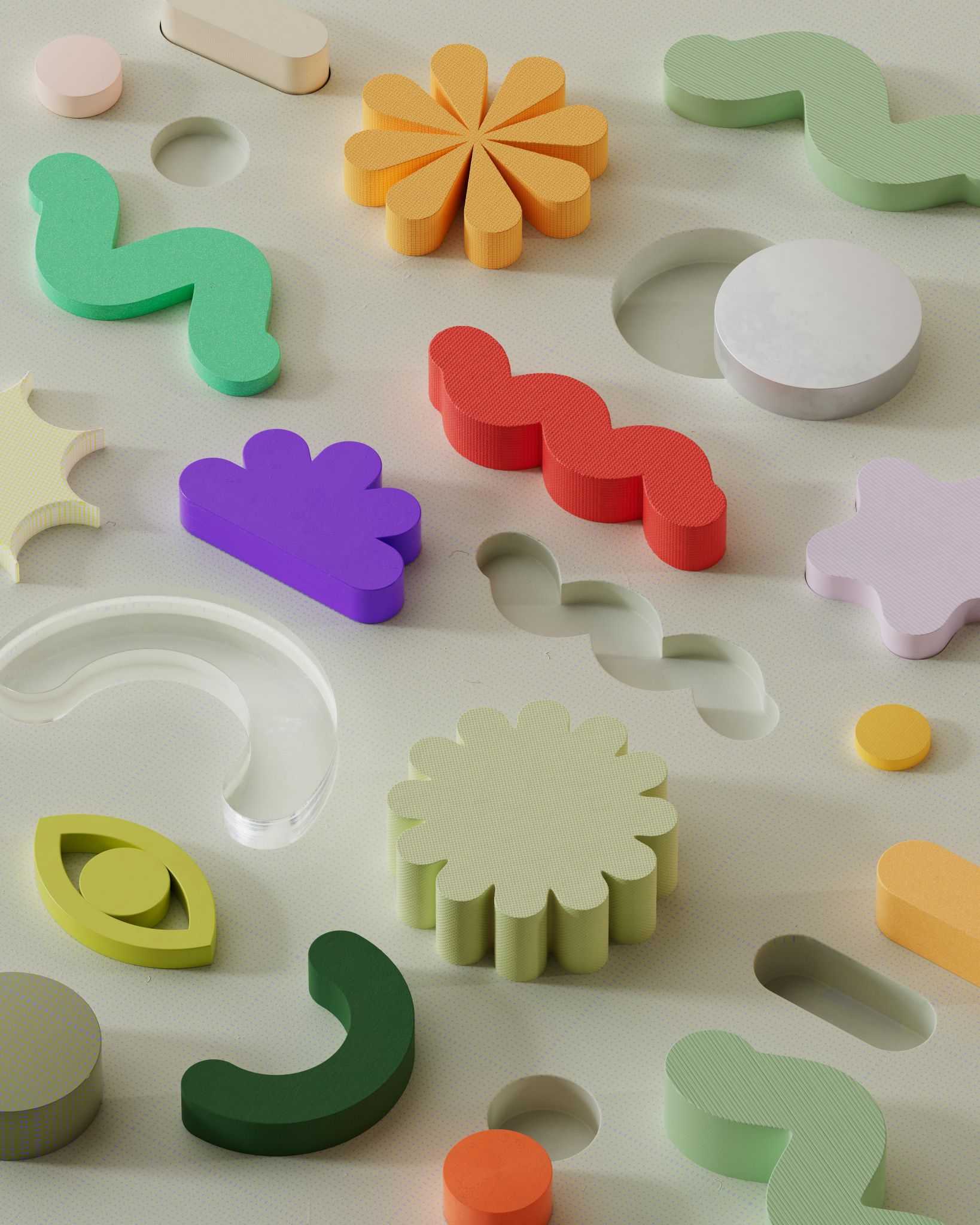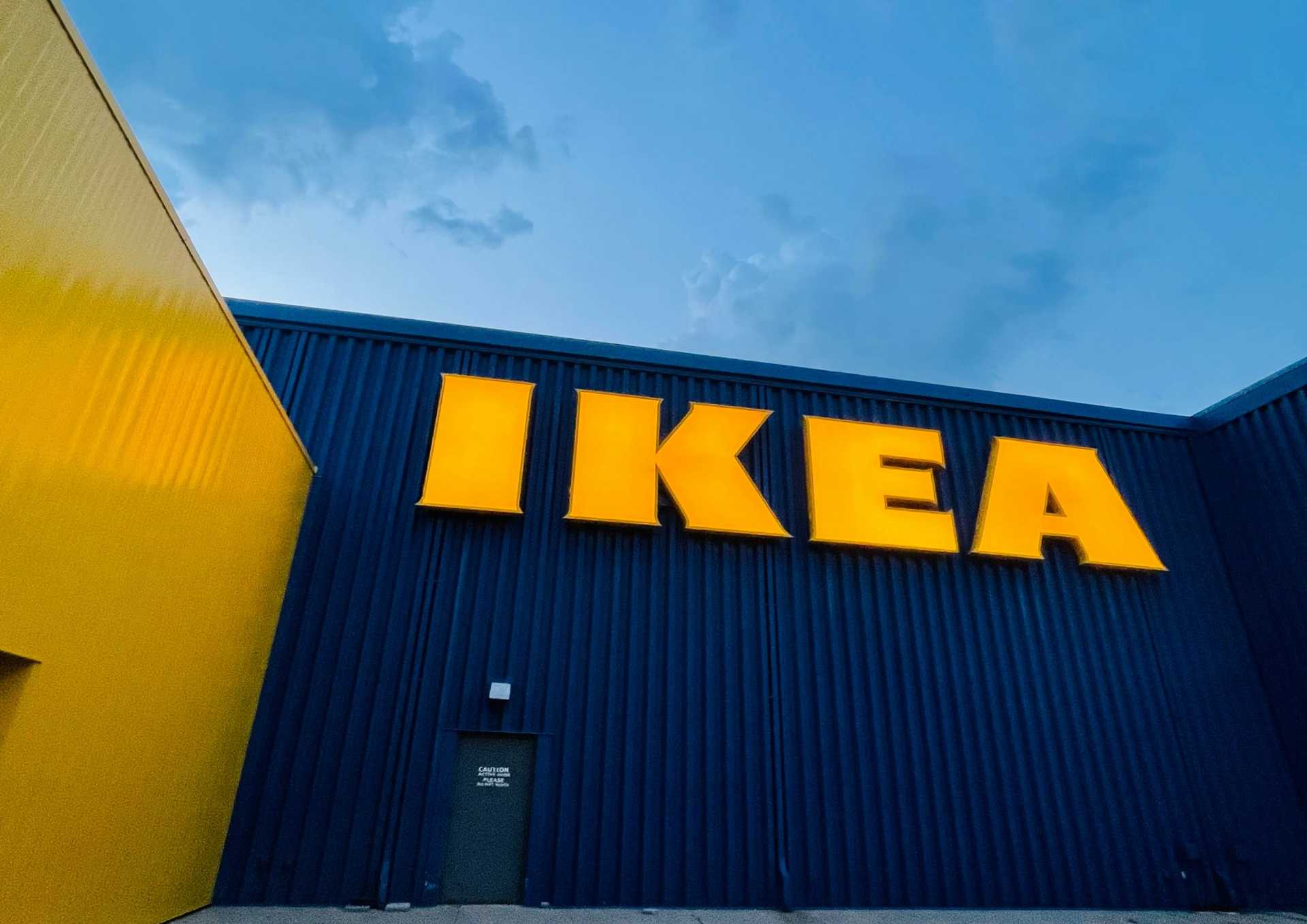
In this week’s ‘Industry Spotlight’ Jamie, Lee & Chris discuss their thoughts on Google’s decision to introduce AMP to Gmail. Why not subscribe to our YouTube channel for more videos like this?
See below for a video transcription.
VIDEO TRANSCRIPTION
Jamie: So now, we’re just going to talk about the Google AMP for Gmail article that’s been around in the news. People have made quite a big deal out of this and it’s sort of come out of the blue a little bit. Doesn’t seem to have been much warning about this being a part of Google’s plans, but they’ve put it in, they’ve put their plans public now and they’ve basically said that there’s a preview available and they’ve announced which brands they’re working with to get this into their emails. So there’s brands like booking.com and Doodled and Pinterest.
And there’s been a bit of an uproar about this because email is one of those things that’s been pretty much the same since anyone can remember. It’s essentially just letters, or snail mail, but electronically. And these are sort of like, you trust it so if you’ve got an email and it’s in your account, you go back to it in a few weeks’ time and it’s going to be the same. It’s not a living thing. It’s almost like it’s fixed in time. So as soon as you start introducing these elements that’s going to make emails maybe slightly more dynamic…and some people are even saying that it might be used in such a way that you might send an email marketing newsletter out saying, “This product’s on sale.” But it will be sensitive to time. So maybe you’ll go back next week and maybe it will be the new product that’s on sale, whereas current marketing newsletters, obviously if you go back to your stuff that were on sale last week, it might not even be on sale anymore.
But that’s solved, that’s part of how it should work. That’s how letters in the post work and that’s how these things have always worked, so people expect it to be like that. So as soon as you start changing these key things, key fundamentals to how emails work, it’s going to change everything, really. And you’ve got to be really careful to not just screw with that, because it’s going to be strange. But I think people are overreacting a little bit because I imagine Google’s intentions here are a bit better than that. And what they’re wanting to do, really, is have emails, for example, that have a call to action in there that takes you to a form that allows somebody to submit. And obviously you want as little friction as possible for someone to, you know, complete that goal.
So in my opinion, I think one of main use cases here is going to be, sort of, bringing those forms up in Gmail and letting the user complete the goal without leaving Gmail and, you know, creating that friction, that jump between your email app, Gmail, and your web browser app, whatever that may be. So I think, personally, that’s, like, what they’re intending to do. Whether this could end up spiralling out of control and, like people have suggested, you end up never leaving Gmail because Google basically hijacks all your weblinks, don’t let you go to your web browser and keep you in the app. Whether it gets that bad I don’t know, but…
Lee: I love that.
Jamie: Really?
Lee: Yeah, it pisses me off when you have to go to an external site when you click a link through an email. If they can do that, and you can interact with the website within Gmail and it saves me time, I’m happy about it.
Jamie: But don’t you think…well…
Chris: It’s not good for the brands, though, that are offering the service from an inbound perspective. It’s like when they tested the shopping products. So you know, you can actually purchase through Google Shopping’s platform. It’s the same principle there, you don’t even have to go to the retailer that’s selling the product. They’re trying to harness the power of having that whole platform integrated, keeping it in. What you’re talking about there, it’s almost like a dynamic inbox, isn’t it?
Lee: Well that was a crappy user experience when they did that with Shopping. This is a better user experience.
Jamie: But you’re taking power away from the brands, like Chris said. In your Google Shopping example, you can’t upsell, cross-sell, do what you want. You’re really now in Google’s power, and you can’t do what you want anymore. You’ve got to play by their rules. You put the product there, all of your competitors are going to be next to it and you’ve got to stand out from the crowd with either price point or a picture.
Lee: Yeah, I agree. I have no doubt in my mind they will monetize it in some way and make it into a platform where advertisers have to pay for the privilege of having that control back. But coming out of the ad world, looking at it from a user perspective, if it’s driving a better user experience, then it’s worth it.
Jamie: Yeah, I think people, especially in the tech industry…there’s this big brother thing isn’t there with Google where people just don’t want to let them have everything. And it’s like, they just keep eating into this pie of stuff that they can just, sort of, have control of or track or serve ads as part of…it just seems like this is another thing. Because obviously, you’ve already got AMP for web, and there’s been loads of privacy concerns there, whereby you’re still in Google’s ecosystem. Even though you think you’re on the brand’s website, you’re, sort of, not. And there’s that same thing now. So if your lead gen forms within Gmail, who’s to say that Google can’t look at what you’re typing in, or seeing which brands you’re interested in, reporting that back to the enterprise customers that are paying fortunes for Google’s analysis.
Chris: Well exactly. They’ll be harnessing that data in one way or another, won’t they? If they’ve got your purchase history, they can go and sell that data onto other companies, can’t they, or at least use that. They’ll be trying to build, you know, a pool of transactors so they can use that for other marketing platforms and things like that to build things like these technologies that you see coming out of AdWords and stuff, like, your similar audiences and your in-market audiences. So these are all new, evolving technologies that show a customer’s…I know we’re going off the line a little bit here, but show, like, a customer’s intent to purchase.
And they have all these different touch points and different ways to determine whether someone’s actually, you know, a higher-value purchaser, or you know, a frequent online buyer, things like that. They’ll be getting more data from products like that, and obviously, by the evolution of this Gmail AMP stuff, it’s just the same thing again. They’re just holding all that data in the same place to obviously use.
Jamie: And no doubt, that data will come up in Google Analytics in a few years’ time. They’ll be able to say, “Oh, look, we’ve seen conversion…” You know, all your goal data is going to be in there and these people are converting. Who’s to say they’re not going to start sending the newsletters on your behalf? Or they don’t have to send it. They just inject it into Gmail.
Chris: Exactly.
Lee: The only reason that people have kicked up a fuss about this is because it’s Google, and Google are transparent about what they’re doing. Facebook do it. Amazon do it. Every big tech company collects as much data as they can to then leverage into a revenue stream. It’s just Google are more transparent about it.
Jamie: It’s closing you off, though, isn’t it? You can’t get out of their ecosystem and people don’t like that. Well, people in the tech industry don’t like that. Like you say from a more dumb user experience, for lack of a better word, if it’s less friction, awesome. I don’t care. So yeah, for people who are less tech savvy this might be great for them. They might not even notice it’s happening. They might just start thinking, “Things are loading faster.” So it’s…
Lee: Yeah, I’m pretty tech savvy and I’m very comfortable with it.
Jamie: Yeah, well…
Chris: I mean, brands need Google, don’t they, really? They rely on Google for a lot of the traffic and, I guess, a lot of the sales. But at the same time, how much do you want Google knowing about your customers? I mean, how do you make it clear to your customers that you’re protected on the data that you’re sharing and things like that? I’m just being conscious of it, if I were a brand, and having Google pretty much harness all of your data in the same place. You know, you’d be a little bit wary, wouldn’t you?
Jamie: Yeah.
Lee: In my opinion, people need to stop whining and just get on with it and adapt to the platform.
Jamie: And just let everyone else have data…
Lee: Just get on with it.
Chris: Just give Google it all.
Lee: Stop whining about it. Google don’t give two shits what they’re doing. They’re going to do it anyway. So you may as well just adapt to the platform and adapt to what they’re doing.
Jamie: Another point here is that if you don’t like what’s going on and you’re a Gmail user, there’s plenty of competitors you can go to. And they have no reason to adopt something like this. Look at DuckDuckGo, for example, is a Google competitor. Their USP is privacy-conscious, isn’t it? So, no doubt, if this causes as big an uproar as people are making out, then the DuckDuckGo for Gmail will come out, hopefully. So it’s the consumer’s choice, at the end of the day.
Lee: Yep.
Chris: I think it’s just another passing thing, isn’t it? I think it’ll be one of them that gets tried and tested, and then we’ll come out of it and it will probably be gone in another year.
Jamie: Yep. Just, hopefully it won’t have as many teething issues as AMP on the web, because obviously we’re still talking about that. We talked about it the other week. And they’re still changing the fundamentals of that. So hopefully they’ve learned quite a bit from the tech side there and they can apply that knowledge and not mess it up, really, as badly as they seem to have done for web.
Lee: But it will probably go the same way as it’s just gone, where they’re trying to give a bit more power back to the publisher.
Jamie: Hopefully. That’s what they’d like, wouldn’t they?
Lee: Happy medium.
Jamie: Yep.




